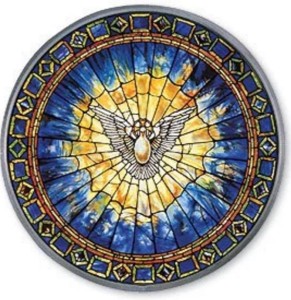In the Preface to my book on the New Mass, Work of Human Hands, I mention that the bad music that invaded the liturgy almost immediately after the liturgical changes began in the 1960s prompted me to study music — specifically, organ, choral conducting and musical composition. I was blessed to have studied under some excellent teachers.
More than forty years later, I found myself once again immersed in church music, this time as organist and musical planner at St. Gertrude the Great, where I was able to put to use some of my long-dormant composition skills for the benefit of our small, but excellent choir.
As a result, since 2013, I’ve managed to publish twenty-three editions of Mass settings and liturgical motets, mostly for smaller choirs, on CPDL (Choral Public Domain Library) which makes thousands of pieces of traditional Catholic choral music available for free downloads.
Interested readers can find a list of my editions here. Most of them are arrangements for small choirs of existing works, and would therefore be practical to use in many traditional Catholic churches and chapels.
Among the few, new compositions is my setting of Veni, Sancte Spiritus, the text for the Sequence on Pentecost. It is based on an altered version of the Gregorian melody, harmonized by the late 16th-century composer Seth Calvisius. I reworked the rhythms of the odd-numbered verses and composed descants (a melody that a higher voice sings above the main melody) for the even-numbered verses.
 I sought to imitate the harmonized chants and faux bourdons once sung by massed choirs in the great French cathedrals.
I sought to imitate the harmonized chants and faux bourdons once sung by massed choirs in the great French cathedrals.
It’s an easy piece for a small choir that has at least one soprano able to hit the high notes of the descant. (We’re blessed with a few of these!)
Veni, Sancte Spiritus may be used for the Sequence on Pentecost, a processional on a solemn occasion (such as an ordination or confirmation) or even an Offertory motet.
If you like it, please pass this link along to your local choir director! He can get a pdf of the score here.
For info on how support SGG’s apostolate of webcasting the traditional Mass to Catholics throughout the world